U.S. out, Taliban in: Central Asia Facing New Challenges from Afghanistan
By Farkhod Tolipov
August 20, 2021, the CACI Analyst
In April 2021, Washington began the long-awaited withdrawal of its military forces from Afghanistan, a process that is expected to be completed by September this year. This is being done in the wake of an agreement between the U.S. and the Taliban as a condition for reaching peace in Afghanistan. However, the “victorious” Taliban began a sudden offensive in some northern provinces bordering Uzbekistan and Tajikistan. The Afghan military surprisingly retreated instead of resisting the insurgents. Some even crossed the Afghan border with Uzbekistan and Tajikistan. As the Taliban have swiftly moved to take control of most Afghanistan, including Kabul, Central Asia is facing strategic uncertainty.
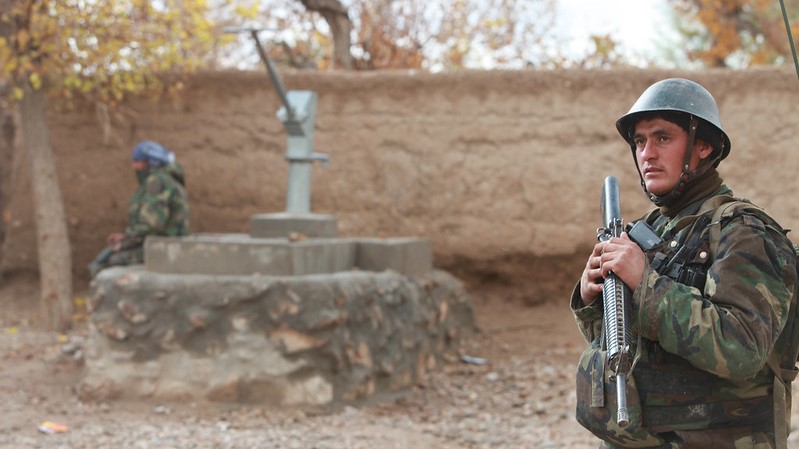
Explaining the Kyrgyz-Tajik Border Clash: Hypotheses in Search of Corroboration
By Richard Weitz
July 14, 2021, the CACI Analyst
A century ago, the Italian author Luigi Pirandello wrote a three-act play entitled “Six Characters in Search of an Author,” which explored the difficulty of differentiating between illusion and reality. The analyst of the recent border clash between Kyrgyzstan and Tajikistan faces the same challenge. The event, which saw the most serious fighting between independent Central Asian republics, offers several plausible explanations with divergent policy implications.
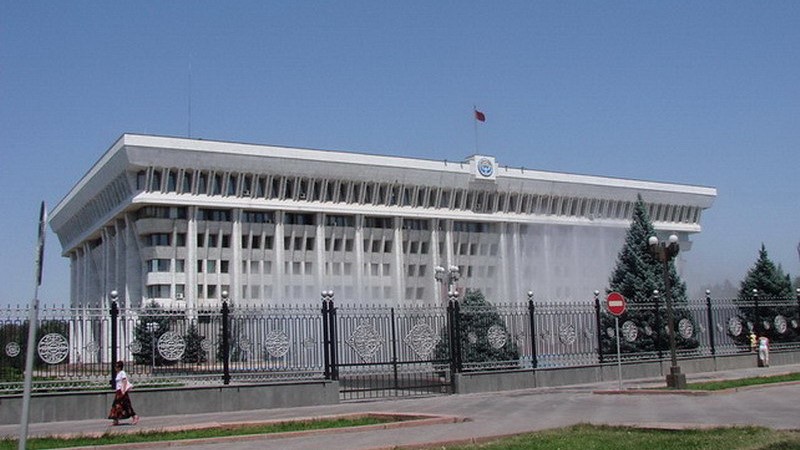
Iran and Afghanistan Inaugurate Cross-Border Railway
By Sudha Ramachandran
April 27, 2021, the CACI Analyst
A new railway line running between Khaf in Iran and Herat in Afghanistan has generated much optimism in the two countries as it has the potential to boost bilateral travel and trade. The railway link is important to the larger region as well as it is part of the ambitious Five Nation Railway Corridor project. While there are great expectations of the FNRC project and the Khaf-Herat railway link’s recent inauguration in the participating countries, the road ahead will not be easy and the project faces implementation problems as well as competition from rival projects.
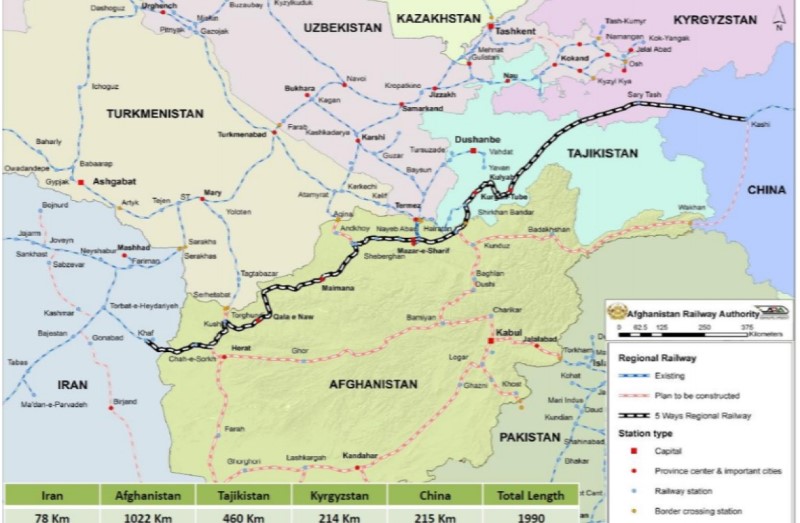
Russian and American Strategies for Central Asia Ignore Link to Caucasus, Fall Short
By S. Enders Wimbush
February 18, 2021, the CACI Analyst
Both Russia and the United States are advertising new strategies for dealing with Central Asia, but each is deficient in its own way. While Russia seeks to exclude Afghanistan from its vision of Central Asia, the U.S. explicitly and wisely incorporates Afghanistan as organic to its vision. Neither vision links Central Asia strategically to a larger Eurasian concept that embraces the South Caucasus. To the contrary, both explicitly (the Russian version) or implicitly (the American version) isolate Central Asia geopolitically from the larger emerging political, economic, and security dynamics that Central Asians themselves seek to encourage to establish their region as the connective tissue between Asia and Europe.
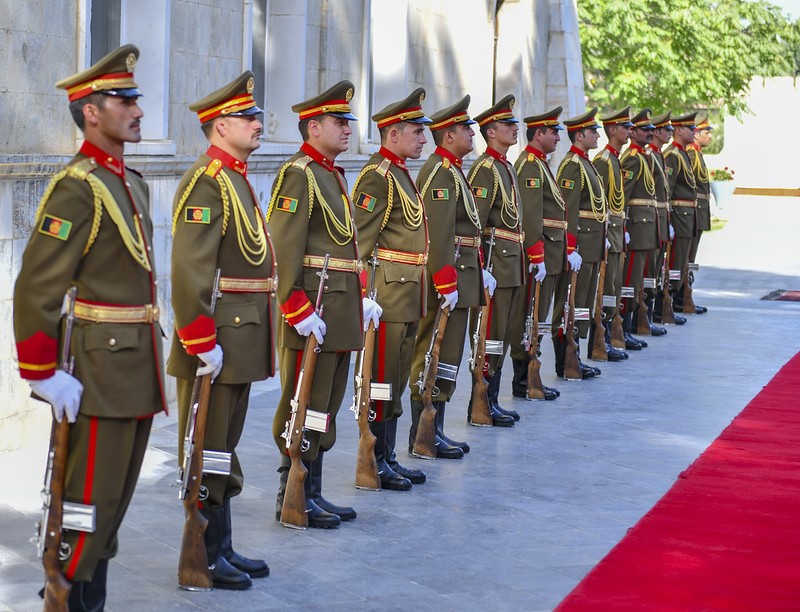
Can the Improved Pakistan-Afghanistan Relationship Save the Afghan Peace Process?
By Umair Jamal
December 16, 2020, the CACI Analyst
The visit of Abdullah Abdullah, head of Afghanistan’s High Council for National Reconciliation, to Pakistan in late September was considered a major shift in Kabul’s approach towards Islamabad. This was Abdullah’s first visit to Pakistan in his new role as the Afghan government’s top negotiator in the intra-Afghan peace talks. When serving in the previous administration as the Chief Executive Officer of the Unity Government, Abdullah declined several invitations to visit Pakistan. During the visit, Pakistan promised to push the Taliban to reduce violence and to support an “Afghan-led and Afghan-owned peace process” – which Abdullah has demanded for years. The ongoing push from both sides is intended to build trust and could prove to be a game changer for the Afghan peace process.
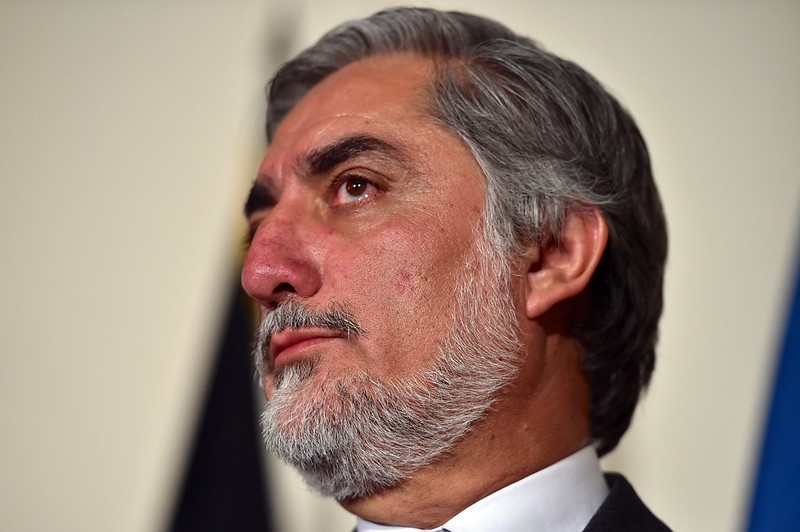





 Book S. Frederick Starr and Svante E. Cornell,
Book S. Frederick Starr and Svante E. Cornell,